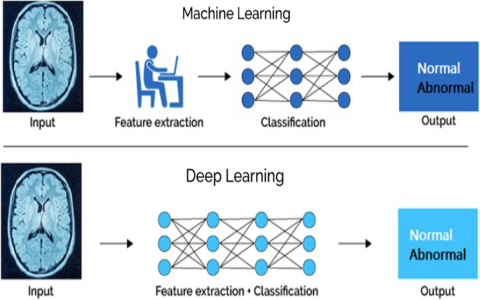Alright, so today I’m gonna walk you through my experience messing around with Lateef Williamson’s stuff. Heard a lot about it, thought I’d give it a shot myself. Here’s how it all went down.

First things first, I had to gather all the materials. Scouring the web, digging through old notes, basically just trying to piece everything together. It was a bit of a scavenger hunt, not gonna lie. Took me a solid afternoon just to get everything in one place.
Then, I started experimenting with the code. I mean, that’s where the real fun begins, right? I fired up my editor, started tweaking things, seeing what would break. And trust me, plenty broke. Debugging was a nightmare. Spent a whole evening just staring at error messages, trying to figure out what I’d screwed up. Coffee was my best friend that night.
Next up was the data. Figuring out how to feed it into the system, how to format it correctly… Ugh. Data wrangling is never fun, but it’s gotta be done. I wrote a bunch of scripts to clean things up, convert formats, and generally massage the data into something usable. More coffee was involved, naturally.
After all that prep work, I finally got to the point where things were actually… working? Sort of? It was definitely a “Frankenstein’s monster” kind of situation. Things were duct-taped together, held together with sheer willpower and a lot of print statements. But hey, it ran!
Optimizing performance was the next challenge. The initial version was slow as molasses. I profiled the code, identified the bottlenecks, and started hacking away. Replaced some slow loops with vectorized operations, optimized some data structures… It was a lot of trial and error, but eventually I managed to speed things up significantly. Not perfect, but definitely better.

Finally, I spent some time documenting everything. Writing up notes, explaining the code, and generally trying to make it understandable for someone else (or even my future self, who will inevitably forget everything). It’s not the most glamorous part of the process, but it’s essential if you want anyone else to be able to use your work.
Lessons Learned
- Debugging is a skill that needs constant practice.
- Data is always messier than you expect.
- Coffee is essential for any serious coding project.
- Document everything, even if you think you’ll remember it later.
So yeah, that’s my experience with Lateef Williamson’s stuff. It was a challenging but rewarding experience. I learned a lot, and I’m excited to see what I can do with it in the future.














